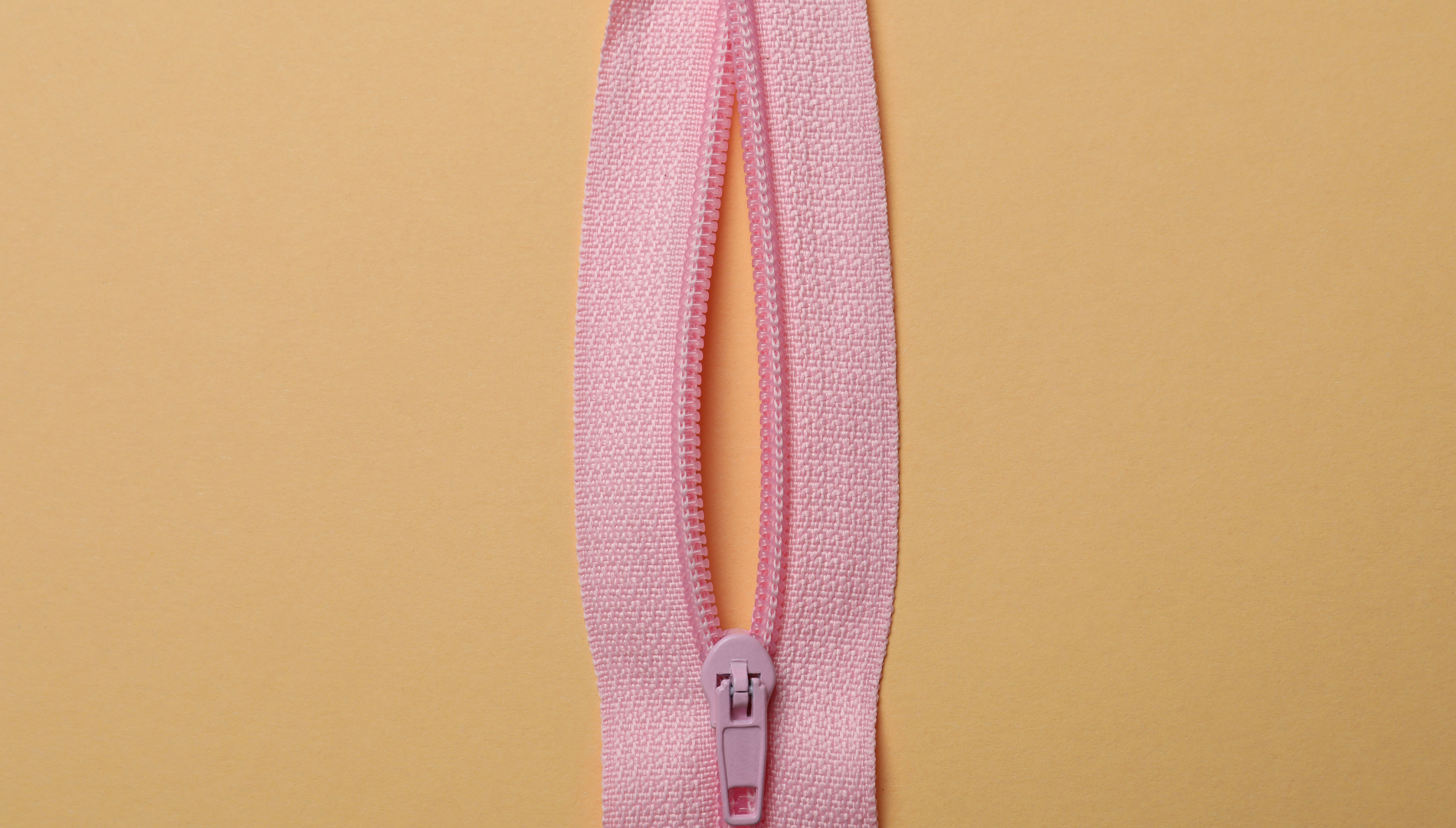Looking for a good night's sleep during your period? Finding the best sleep position on your period can make all the difference in your comfort and quality of sleep. In this blog, we'll guide you on how to sleep soundly and comfortably during your menstrual cycle.
During menstruation, many people experience discomfort, including cramps, bloating, and back pain. This can make it difficult to find a comfortable sleeping position. However, there are certain positions that can help alleviate these issues and promote better sleep.
From the foetal position to sleeping on your back or side, we'll explore the pros and cons of each position and provide tips on how to get the best sleep on your period. We'll also discuss how using additional aids, such as pillows or heating pads, can further enhance your comfort.
Sleep is essential for your overall well-being, and it's even more important during your period when your body needs extra rest and care. So, let's find the perfect sleeping position that will have you waking up refreshed and ready to take on the day.
The importance of a good night's sleep during your period
Sleep is essential for your overall wellbeing, and it's even more important during your period when your body needs extra rest and care. Lack of sleep can exacerbate the discomfort and pain associated with menstruation, leading to a more challenging period experience. Adequate sleep helps regulate hormones and reduces stress, contributing to a smoother menstrual cycle.
During menstruation, many women experience discomfort, including cramps, bloating, and back pain. This can make it difficult to find a comfortable sleeping position. However, there are certain positions that can help alleviate these issues and promote better sleep.
Common sleep problems during menstruation
Before we delve into the best sleep positions on your period, let's discuss some common sleep problems people face during menstruation. These issues can disrupt your sleep and leave you feeling tired and groggy the next day.
- Menstrual cramps: Cramps can range from mild to severe and may cause significant pain. The discomfort can make it challenging to fall asleep and stay asleep throughout the night.
- Bloating: Many women experience bloating during their period, which can make it uncomfortable to lie flat on their stomach or back.
- Back pain: Hormonal changes and uterine contractions can cause lower back pain during menstruation. This pain can affect your ability to find a comfortable sleeping position.
To combat these sleep problems, it's important to find a sleeping position that provides relief and minimises discomfort.
Best sleep positions on your period
Foetal position
The foetal position is one of the most popular sleeping positions for women during their period. By curling up on your side with your knees drawn towards your chest, you can alleviate cramps and reduce back pain. This position also helps relax the abdominal muscles, promoting better blood flow and reducing bloating.
However, it's important to ensure that you alternate sides throughout the night to prevent any muscle stiffness or joint pain. Additionally, placing a pillow between your knees can provide extra support and comfort.
Sleeping on your back
Sleeping on your back, also known as the supine position, can be beneficial for women experiencing back pain during their period. This position helps distribute your body weight evenly, reducing pressure on your spine.
To enhance comfort, consider placing a pillow under your knees to maintain the natural curvature of your spine. This can alleviate strain on your lower back and promote a more relaxed sleep.
Sleeping on your side
Sleeping on your side is another great option for people during their period. This position can help relieve cramps and back pain while also preventing leakage.
To optimise this position, sleep on your left side as it can reduce pressure on your internal organs, improving digestion and reducing bloating. Place a pillow between your knees for added support and to align your spine properly.
Sleeping positions to prevent leakage and discomfort
Besides addressing pain relief, finding a sleep position on your period that minimises leakage and discomfort is crucial. Here are some positions that can help:
Sleeping on your stomach
While sleeping on your stomach may not be the most recommended position, it can be suitable for people who experience light flow and have a reliable form of menstrual protection. Placing a pillow under your lower abdomen can help alleviate pressure on your uterus and reduce discomfort.
Keep in mind that sleeping on your stomach can increase the risk of leakage, especially if you have a heavy flow. Consider using additional protection, such as pads or menstrual cups, to prevent any accidents.
Elevating your hips
If you prefer sleeping on your back but want to prevent leakage, try elevating your hips slightly. Place a pillow or cushion under your hips to create a gentle incline. This can help prevent blood from flowing backward and reduce the likelihood of leakage.
Remember to use the appropriate absorbent period care to ensure maximum protection throughout the night. You can read more about finding the right absorbency here.
Side-lying with a pillow
If you're a side sleeper and want to minimise leakage, try positioning a pillow between your thighs. This can help keep your legs and pelvis aligned, reducing the chances of leakage. Additionally, consider using period pants for added protection.
Experiment with different pillow sizes and thicknesses to find the one that provides the most comfort and support for your body.
Hygiene tips for a comfortable sleep during your period
In addition to finding the optimal sleeping position, practising good sleep hygiene can greatly enhance your sleep quality during menstruation. Here are some tips to create a comfortable sleep environment:
- Maintain a consistent sleep schedule: Try to go to bed and wake up at the same time every day, even on weekends. This helps regulate your body's internal clock and promotes better sleep quality.
- Create a relaxing bedtime routine: Establish a calming routine before bed to signal your body that it's time to wind down. This can include activities like reading a book, taking a warm bath, or practising relaxation techniques such as deep breathing or meditation.
- Create a comfortable sleep environment: Ensure your bedroom is cool, dark, and quiet. Invest in a comfortable mattress and pillows that support your body. Consider using blackout curtains, earplugs, or a white noise machine to block out any disruptive noises or light.
- Wear loose and breathable sleepwear: this can help regulate your body temperature and prevent night sweats.
- Limit caffeine and alcohol intake: Both caffeine and alcohol can interfere with your sleep patterns. Avoid consuming these substances, especially close to bedtime, to ensure a restful night's sleep.
- Manage stress: Stress can exacerbate period symptoms and make it difficult to sleep. Incorporate stress-management techniques into your daily routine, such as exercise, yoga, or mindfulness practices, to promote relaxation and reduce anxiety.
Comfort tips for sleep during your period
- Body pillow: A body pillow can provide full-body support and help alleviate cramps and back pain. You can wrap your legs around the pillow or place it under your abdomen for added comfort.
- Heating pad: Applying a heating pad to your lower abdomen or lower back can help relax your muscles and relieve pain. Opt for a heating pad that automatically turns off after a certain period to ensure safety.
- Cooling pillow: If you experience night sweats or hot flashes during your period, a cooling pillow can help regulate your body temperature and keep you comfortable throughout the night.
- Period pants: Period pants are designed to provide leak-proof protection and can give you peace of mind while sleeping.
Other ways to improve sleep quality during your period
In addition to finding the right sleeping position and using sleep accessories, there are other lifestyle changes you can make to improve your sleep quality during menstruation:
- Exercise regularly: Engaging in regular physical activity can help regulate your hormones, reduce stress, and improve sleep quality. Aim for at least 30 minutes of moderate exercise most days of the week.
- Follow a balanced diet: Eating a well-balanced diet that includes plenty of fruits, vegetables, whole grains, and lean proteins can help support your overall health and reduce period symptoms. Avoid consuming large meals close to bedtime, as this can disrupt your sleep.
- Stay hydrated: Drinking enough water throughout the day can help ease bloating and reduce discomfort. However, avoid excessive fluid intake before bed to minimise nighttime bathroom trips.
- Practice relaxation techniques: Incorporate relaxation techniques into your daily routine, such as deep breathing, progressive muscle relaxation, or meditation. These practices can help reduce stress and promote better sleep.
Blog disclaimer
Our blog is intended to share information and ideas around periods, health, and sustainability. While we do our best to keep content accurate and up to date, things can change over time. The information here is not intended as medical advice — for any health-related concerns, please consult a qualified healthcare professional. For more information on our claims, please see our Claims Page, and for the most up-to-date product information, please visit our Product Pages.





